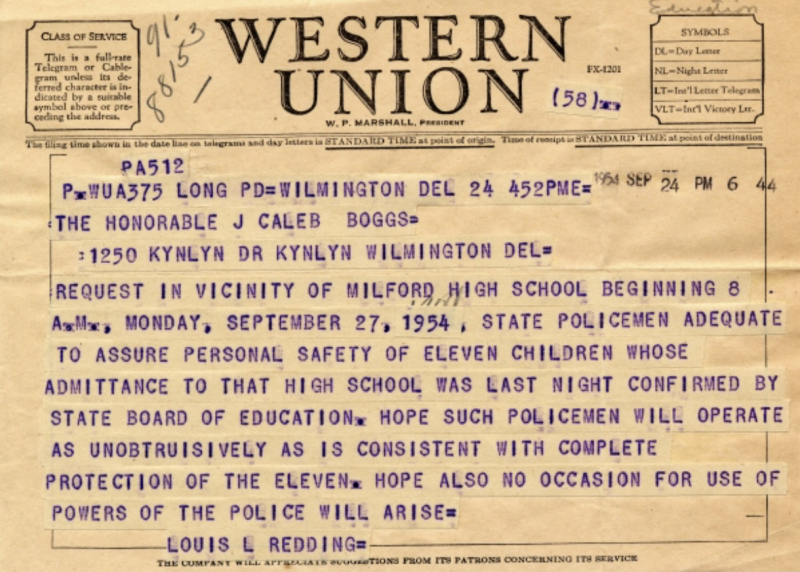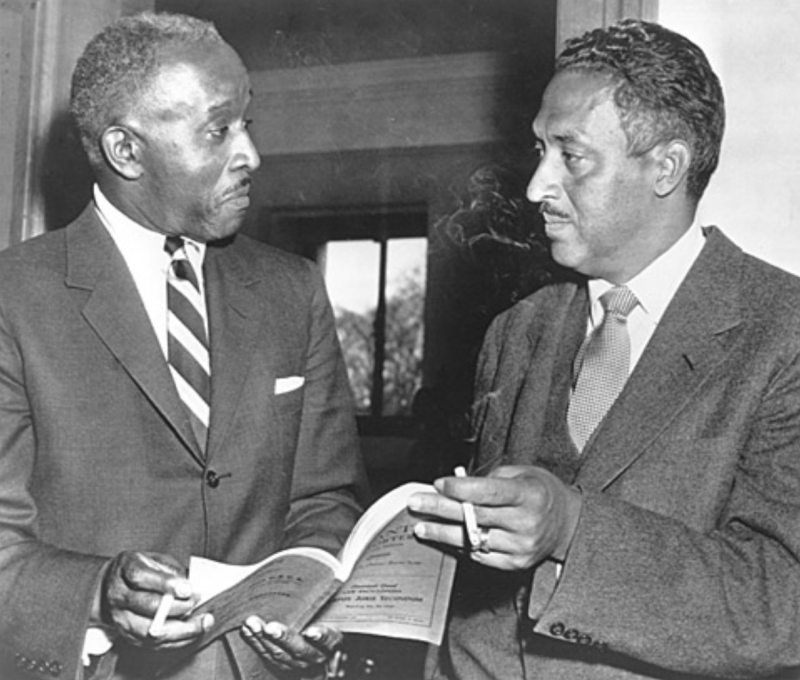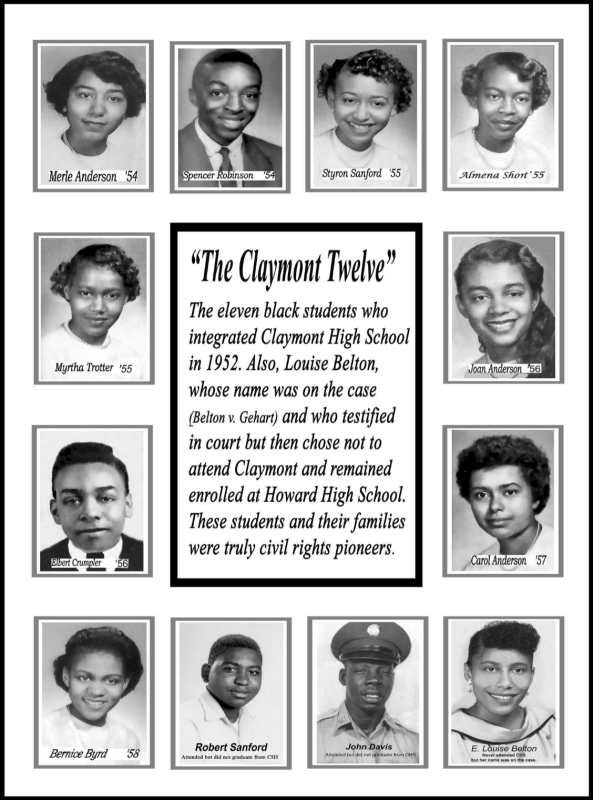2024 marks 70th anniversary of Brown vs. Board of Education
This May 17 marks the 70th anniversary of the landmark ruling in Brown v. Board of Education. In that unanimous opinion, the Supreme Court held that separate but equal schools are inherently unequal and violate the equal protection principles of the Constitution. The justices reasoned that the segregation of public schools based on race was significantly detrimental to the education and personal growth of African American children.
Many either do not know or have forgotten that two Delaware cases were consolidated with those from other states and the District of Columbia under the umbrella of Brown v. Board. Hence, Delaware played an important role in the Brown victory. The history of that struggle to end segregation in public schools is worthy of recollection, reflection and celebration.
The Delaware story is a mixed one. It emerged against the backdrop of state-sanctioned slavery and a public-school segregation mandate in the Delaware Constitution of 1879. Among other racist realities, the Legislature also did not ratify the Civil War Amendments until 1901. There is, however, a proud story, one of courage and determination to end the vestiges of slavery. Black and white, old and young, along with people of faith and public officials are all a part of that Delaware story.
Lonnie G. Bunch III, the secretary of the Smithsonian and the founding director of the National Museum of African American History and Culture, has reminded us of “the power and promise of an honest telling of history. It allows us to look at our past in a richer and more meaningful way. It allows us to bring people together to understand the human impact of moments in time. And it allows us to gain a better perspective on our present by contextualizing where we have been and how we got where we are today.”
In the days leading up to the 70th anniversary of Brown, local and state groups ought to consider how to best realize Bunch’s counsel. Insofar as the dead live on the lips of the living, let us revive the life stories of Louis L. Redding (the extraordinary Delaware NAACP lawyer) and Collins J. Seitz (the brilliant state judge), whose efforts were essential in helping to end school segregation. Let us also shine a bright light on Ethel Belton of Claymont and Sarah Bulah of Hockessin who, along with other schoolchildren, went to court to contest the evils of the separate but equal doctrine as discriminatorily applied. Their cases were consolidated with the other cases in Brown. And then there is the inspiring story of the Milford 11 who fought to actualize Brown’s promise when it came to implementing it. Likewise, there is the story of I.G. Burton, the Milford businessman who worked with public officials, businesspeople, clergy and doctors to combat opposition to desegregation.
There is, of course, much more to the Delaware story. Educators, students, librarians, elected officials, media members, businesspeople, artists, booksellers and other civic-minded people have a role to play in raising public awareness in all sorts of creative ways. For example, an event is already planned for Friday, May 17, at the Lewes Public Library. It will be a conversation on Brown between Leland Ware, the Louis Redding chair for the Study of Law and Public Policy at the University of Delaware, and U.S. Circuit Court Judge Thomas Ambro.
As for what lawmakers might do, among other things, they could renounce the state Legislature’s 1869 joint resolution opposing racial equality while also reaffirming, in a relevant modern sense, the equality principle. In sum, let us heed what Judge Seitz urged in a March 31, 1948, editorial broadcast on WILM radio: Delawareans should strive to “make the words ‘civil rights’ a meaningful part of their daily lives – not just so many empty words.” And here we are, 70 years later, still striving toward that goal.






















































